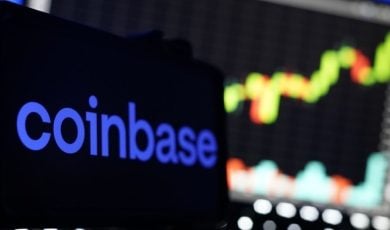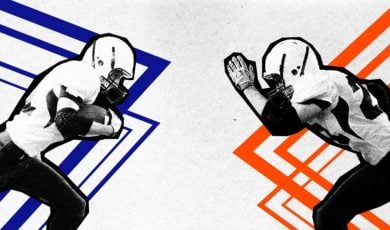A new statewide poll shows a majority of Indiana voters oppose legalizing online casino gambling. Pantheon Insight conducted the survey on behalf of the National Association Against iGaming (NAAiG).
According to the poll, 67% of respondents rejected iGaming after learning about their potential economic and mental health risks. When first informed that iGaming allows constant access to casino games on phones, 58% opposed it. Nearly half of the respondents (49%) said they strongly opposed the idea.
NAAiG said the results suggest voter resistance increases as people gain a clearer understanding of how online casinos operate. The findings come as state lawmakers consider legislation that would legalize internet-based casino gambling in Indiana.
How Indiana voters react to online casino information
The survey revealed opposition grew as respondents learned more about real-money online casinos. Pantheon Insight presented both supportive and critical information. Initially, voters heard points about potential revenue, regulation, and consumer protections. Despite these arguments, most still opposed legalizing online casinos.
After receiving information on economic and mental health impacts observed in other states, opposition increased. The survey team interviewed 502 registered voters between Oct. 19 and 21. Sixty-five percent of respondents initially did not know what iGaming meant. After learning that legalization would allow constant access to casino games on phones, 58% opposed it. Opposition rose to 67% after the risks were explained.
Online casino opposition across Indiana demographics
Opposition was broad across age, gender, education, party affiliation, and geography:
- Seniors: 82%
- Women: 72%
- College graduates: 72%
- Republicans: 68%
- Democrats: 70%
Voters in counties that already have online casinos also expressed resistance. Older voters and women were particularly concerned about gambling harm and addiction.
NAAiG: Indiana voters reject online casino gambling
Commenting on the survey, NAAiG board member Daniel A. Reinhard said, “Once Hoosiers understand what iGambling really is, they reject it. Our survey didn’t just test opposition messages—it also tested the industry’s strongest arguments. Even then, Indiana voters saw through the hype. They don’t want casino gambling on their phones.”
NAAiG said its mission is to protect local casino jobs, prevent digital harms, and promote responsible in-person play. The organization emphasizes social costs, local economies, and consumer risk in its messaging.
Online casino bill faces hurdles in Indiana Legislature
Lawmakers considered online casino legislation earlier this year through House Bill 1432. Introduced in January by Rep. Ethan Manning and backed by both parties, the bill cleared the House Public Policy Committee but never received a full House vote. It reached the House Ways and Means Committee but made no further progress.
Indiana already allows online sports betting. The proposed legislation would have allowed casinos and racetracks to operate up to three online casino platforms. Supporters cited potential tax revenue and regulatory benefits, while opponents raised concerns about addiction and social harm. The new poll adds political pressure by showing strong voter resistance.
Supporters cite online casino revenue growth
Supporters of online casino gambling argue digital play can complement physical casinos. They point to New Jersey online casinos, where revenue reached roughly $2.12 billion in the first nine months of 2025, exceeding 2024 figures by more than 22%. Atlantic City casinos also reported a revenue increase of about 2.5%.
Howard Glaser of Light & Wonder said online and in-person gambling can support each other and drive growth. National data from the American Gaming Association indicates broad acceptance of gambling, with most adults having gambled in the past year.
Future of online casino legalization in Indiana
Lawmakers face a challenging path if they attempt to legalize online casino gambling in the next session. The poll signals clear voter resistance, suggesting any bill will face political costs. Lawmakers may slow the debate, request further study, or wait for broader consensus. Committees could seek updated fiscal notes and health impact data before reconvening. Sponsors might narrow proposals or focus on consumer safeguards. For now, momentum appears limited, and public sentiment is likely to delay action until views change.









